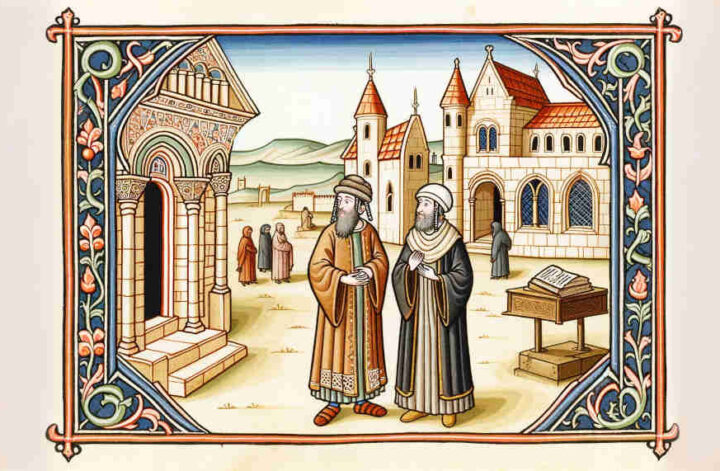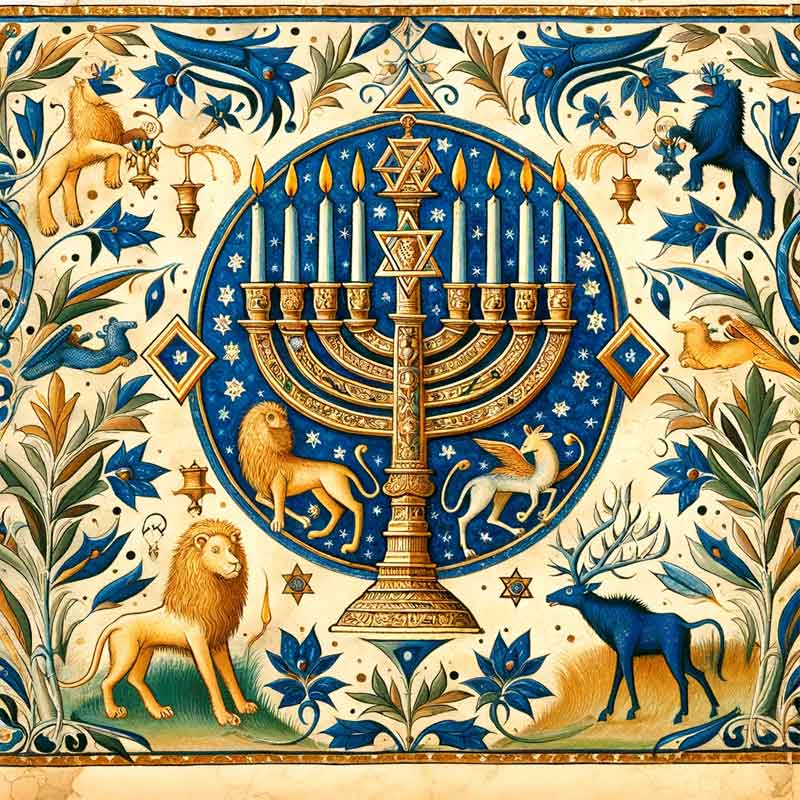Email from Jessica Stein:
Dear Rabbi Joshua,
I am very disturbed by a statement I came across, attributed to Kethuboth 11b, stating, “When a grown-up man has intercourse with a little girl it is nothing.” This has caused me great upset, and I am seeking to understand if this is really a teaching from the Talmud.
Yours sincerely,
Jessica Stein
Understanding the True Meaning of Kethuboth 11b
Dear Jessica,
Your distress regarding this statement is completely understandable. It’s crucial to approach such sensitive matters with a deep commitment to accuracy and context, particularly when dealing with ancient texts like the Talmud.
About Kethuboth 11b: Kethuboth 11b is indeed a section of the Talmud. However, the statement you mentioned is a misinterpretation of the Talmudic discussion. The Talmud, in this section, is engaging in a complex legal discussion about the implications of various actions on marriage contracts and the legal status of virginity in the context of Jewish law. It is not, in any way, an endorsement or trivialization of the act described.
Context of Talmudic Discussions: The Talmud is a compilation of rabbinic discussions that delve into Jewish law, ethics, and philosophy. These discussions often involve theoretical scenarios to explore the boundaries of the law. They are not meant to be direct moral or ethical endorsements of the behaviors being discussed.
Jewish Law and Child Protection: It is important to emphasize that Jewish law and ethics unequivocally condemn any form of child abuse, including sexual relations with minors. Such actions are abhorrent and antithetical to the values of Judaism. The protection and welfare of children are paramount in Jewish law and ethics.
Approaching Talmudic Study: Studying the Talmud requires understanding its complex legal reasoning and historical context. It is vital to consult knowledgeable scholars and authoritative sources to accurately interpret these texts. Misinterpretations can lead to misconceptions about the teachings and values of Judaism.
In conclusion, Jessica, the passage in Kethuboth 11b is a legal analysis and does not represent a moral stance or endorsement of the actions described. The Talmud, and Judaism as a whole, upholds the dignity and protection of all individuals, especially children.
With blessings and in the spirit of truth-seeking,
Rabbi Joshua


